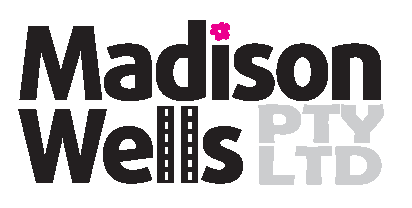
There is a common phrase in Australian politics that refers to the “faceless men”, initially referring to the Australian Labor Party in the 1960s, however it has also been applied to the Greens and the Liberal Party in recent years. It refers to the people behind the scenes who we never see or hear from. In Australia we also have “faceless” companies – or more likely unplugged companies because they have a “face” aka their website, but that is all.
I have come across many over the last few years which shocks me because it is not possible to properly communicate with them – whether you are a customer, supplier or wanting to get information for research. Why would any company not want to communicate with anyone? Communication is the lifeblood of any organisation.
A typical example is a website with a simple “Contact Us” form and no phone, address or email details. In many cases, the companies do not exist in yellow or white pages either – which must be so last century thinking! I wonder where the contact form goes because they are clearly not linked to their CRM or if they are, no one is using said CRM to manage new leads or opportunities.
A real example happened a week or so ago. It was raining and cold, so my wife and I decided to get some fish and chips from the local store and thought that we should phone ahead and then pick up the order, being in a lock-down situation. The store never picked up the phone, so we walked down to order and were told that they don’t answer their phone because it gets in the way of their business! We suggested that they might be losing a lot of business and certainly causing damage to their image.
Surely basic management thinking would consider how customers would contact the business if they have an interest in the products or services, however this now seems to be lost on all levels of management. Like the example above, do management consider how many customers they have potentially lost because there is no clear path for communication? It seems not.
I call them unplugged companies because they do not react to an attempt to speak with them – whether it is by phone, email or even visiting them. Phoning often goes to voicemail, emails go into a black hole and visiting doesn’t get you to anyone who can give you an answer. The end result is always the same – no response. How do these businesses survive? Do they have so much business that they simply don’t care anymore? I doubt it, especially when we are coming out of lock-down and every cent counts in the rebuilding of our economy.
Perhaps it simply comes down to my growing view that the majority of managers are simply not fit for purpose, having little training, no mentoring and no idea what they are doing. It also appears that business owners aren’t looking at their numbers in detail and asking questions.
State Government departments, business chambers and business associations are just as bad. I’ve lost count of the number of unanswered or unreturned calls, emails and messages I’ve sent, even when I have used very unsubtle buying signals! If this is accurate, Australia’s economic climb out of isolation will take years to recover and many businesses will fail, not because they are selling the wrong product or service but simply because no consumer can get answers to their questions and therefore see no reason to buy from them.
Fixing this simple communications issue will be the quickest win our economy can have – and dramatically improve customer interactions, relationships and repeat business. Let’s get those unplugged companies plugged back in to their consumers!


